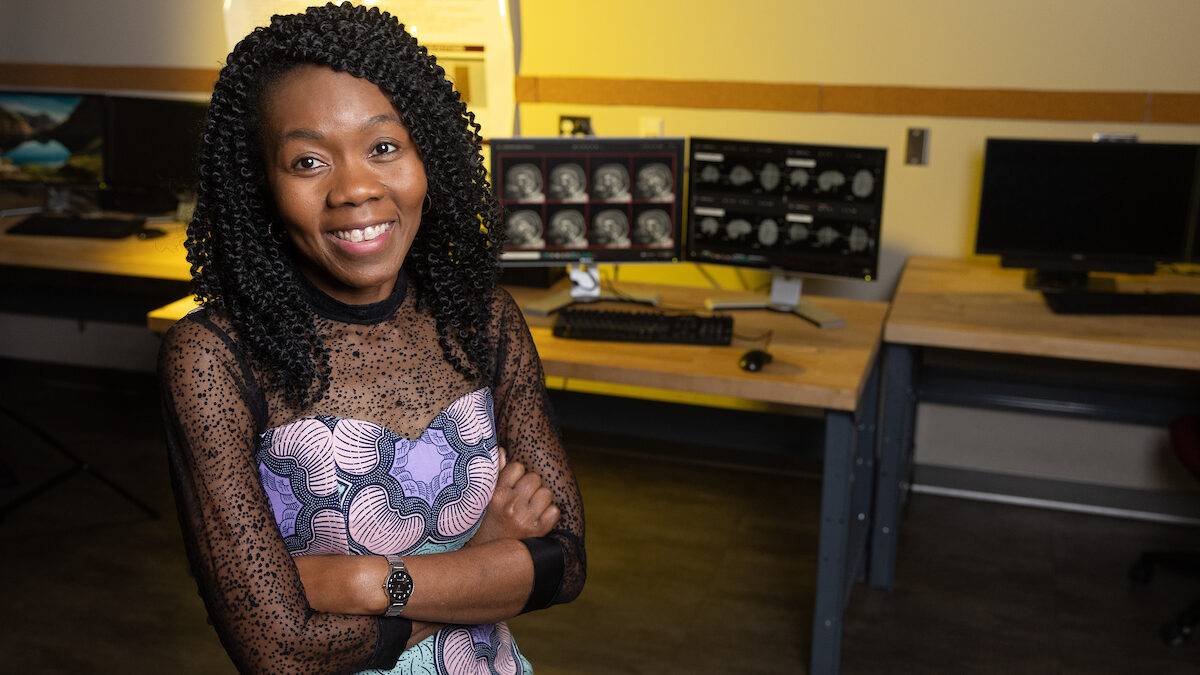The presence of machine learning has been growing steadily, making itself known in our everyday technology.
Some may call it “too invasive,” but machine learning can assist with learning new ways to help those who are ill.
Dr. Tayo Obafemi-Ajayi, Missouri State University associate professor of engineering, has been exploring this symbiotic relationship in her research.
“I’m always interested in the real-life problems we are facing,” she said. “I ask myself, ‘How does that translate to a machine learning problem? And how can machine learning make it better?’”
Patterns give hope
Machine learning is a branch of artificial intelligence (AI).
AI refers to the way machines intake data and imitate human behaviors, such as Amazon Alexa’s speech recognition.
But on occasion, machines can’t make full sense of the data given to them, leaving knowledge gaps.
Obafemi-Ajayi’s machine learning focus lies in biomedical research. She’s examining how machines can use pattern recognition to fill these gaps.
This is groundbreaking to help diagnose and give accurate prognoses for disorders, such as autism or traumatic brain injury.
“For the biomedical applications I work with, we’re not trying to replace the doctors,” she said. “We’re helping to enhance what they already do for us.”

